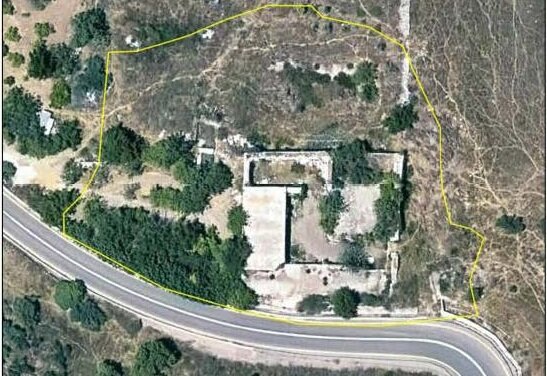Nablus Governorate’s archaeological sites face Israeli expropriation plans

TEHRAN - In a move described by critics as a systematic effort to confiscate Palestinian heritage, the Israeli government has unilaterally declared 63 archaeological sites in the occupied West Bank as "Israeli historical and archaeological sites."
The decision, enacted through a military order, has drawn condemnation for violating international law and accelerating the erasure of Palestinian cultural identity.
The order was issued on August 10, 2025, by the head of the Israeli Civil Administration, Brigadier General Moti Almoz. Titled "Order Regarding the Antiquities Law (Judea and Samaria) (No. 6611–6891) of 1986," the directive leverages amended versions of old Jordanian laws to declare the sites as state-controlled antiquities zones.
The distribution of the targeted sites is heavily concentrated in the northern West Bank, with 59 of the 63 sites located within the Nablus Governorate alone. The Ramallah Governorate contains three sites, and the Salfit Governorate one.
This latest order is not an isolated incident but part of a long-term strategy by Israeli authorities to consolidate control over Palestinian cultural resources. Following the 1967 occupation, Israel vested authority over antiquities in the hands of its military governor.
Critics argue that this legal framework is designed to tighten Israel’s grip on Palestinian archaeological resources, controlling and exploiting them as part of its “settlement project.”
The military booklet also included orders redefining the boundaries of 10 Israeli settlements in the West Bank, a move that facilitates their expansion. The close proximity of many newly declared "Israeli archaeological sites" to existing settlements and outposts, particularly in Nablus, suggests a coordinated policy.
This classification of Palestinian heritage sites as Israeli constitutes a clear violation of international law, including the 1954 Hague Convention for the Protection of Cultural Property in the Event of Armed Conflict and the Geneva Conventions. These conventions explicitly prohibit an occupying power from altering the historical and cultural character of occupied territories or exploiting them for political purposes.
"This is extremely disappointing and worrying," the source text states, highlighting the failure of the international community to respond. "This should not be happening in front of our eyes as an international community with professional and ethical responsibility to respond to these violations and advocate for accountability to put a stop to these actions."
Instead of safeguarding Palestinian heritage, the Israeli occupation authorities have systematically classified over 2,400 Palestinian archaeological sites in the West Bank as “Israeli archaeological sites,” using military orders to justify their control and legitimize their confiscation. This practice is widely seen as a direct threat to Palestinian national identity and a tool for legitimizing the ongoing settlement enterprise.
AM
